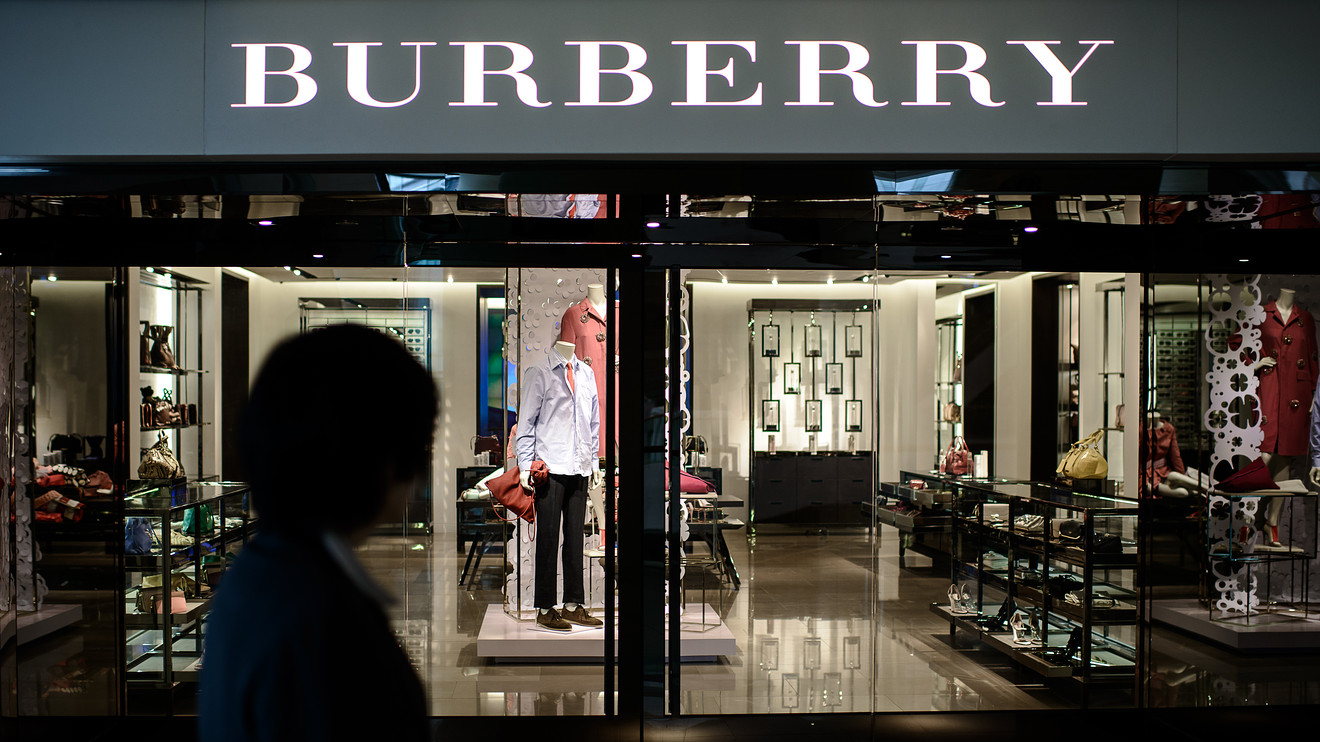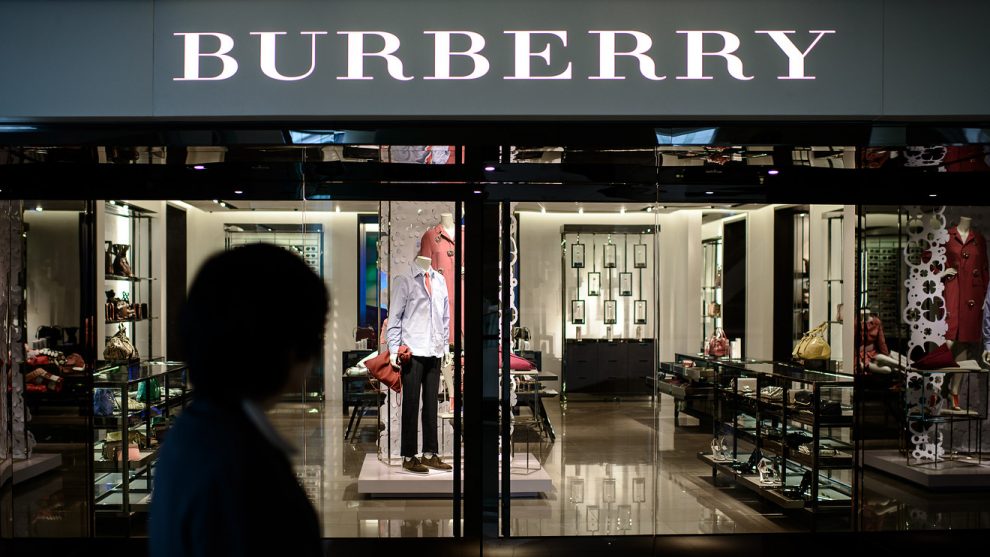
Shares in Burberry rose almost 2.8% on Friday after the British luxury group said stores in its key markets of mainland China and South Korea had returned to growth, giving investors some hope of recovery in the global luxury industry, which has been severely impacted by the pandemic.
Comparable sales were down 27% in the final quarter for the company, while pretax profit for the 12 months to 28 March fell 62% year-over-year to £169 million.
However, CEO Marco Gobbetti said Burberry BRBY, +2.58% was encouraged by the “strong rebound” in some parts of Asia and was well-prepared to navigate through this period, as he presented Burberry’s annual results.
But he cautioned that some of the rebound in China had likely benefited from some repatriation spend, as Chinese customers could no longer travel to shop abroad. “As a result, it could take some time for the luxury industry to recover to precrisis levels,” Gobbetti said.
Sophie Lund-Yates, equity analyst at Hargreaves Lansdown, said Burberry was heavily exposed to traveling consumers, with tourists from Asia an important part of the sales story in other regions. “It’s going to be a while until tourism is firing on all cylinders, so this will continue to be a drag on performance,” she said.
Burberry’s revenue for the year fell 3% to £2.63 billion, compared with £2.72 billion for the same period a year earlier. The company said it has taken a £157 million charge against the value of its store estate and a further £68 million charge against the value of inventory.
Shares in Burberry were trading 2% higher at 1,403 pence in early London trading on Friday.
The FTSE-listed company, renowned for its distinctive checked coats and scarfs, said it expected the first quarter to end June 2020 to be “severely impacted,” with store closures likely to be at or near peak for most of the quarter. The group currently has 50% of its store network closed.
“The severity of the pandemic has unsurprisingly scythed through revenues, with comparable-store sales in the fourth quarter dropping 27% as 60% of stores were closed at the end of March, in stark contrast to the preceding nine months when the figure was up 4%. Pretax profits are sharply down, although revenues held up reasonably well and are in line with expectations,” said Richard Hunter, head of markets at Interactive Investor.
Burberry said that, given the current uncertainty, it couldn’t declare a final dividend and would review future shareholder payouts at the end of its 2021 financial year.
Gobbetti said Burberry was making strong progress in its strategy to reposition the brand, with sales growing ahead of expectations, before the pandemic. The group said it is trying to find new ways of connecting with consumers by stepping up its digital presence.
Burberry’s free cash flow dropped sharply to £66 million from £310 million a year earlier. However, the group, which has taken steps to contain costs and protect its financial position, including renegotiating rents, restricting travel and reducing discretionary spending, has cash of £887m on its balance sheet, including £300m from a drawdown of the revolving credit facility in March 2020.
“We have a strong balance sheet and liquidity, with space for investment when markets recover,” Gobbetti said.
The fashion group has mobilized its resources into support relief efforts for the pandemic. In April, Burberry retooled its factory in Yorkshire to make gowns and sourced surgical masks through its global supply chain. It has donated 150,000 pieces of personal protective equipment to the National Health Service and care charities to date.
The retailer said it had funded research into a coronavirus vaccine being developed by the University of Oxford.












